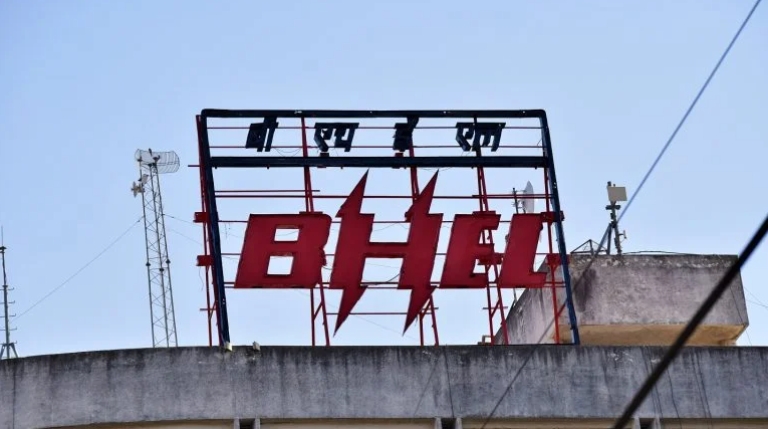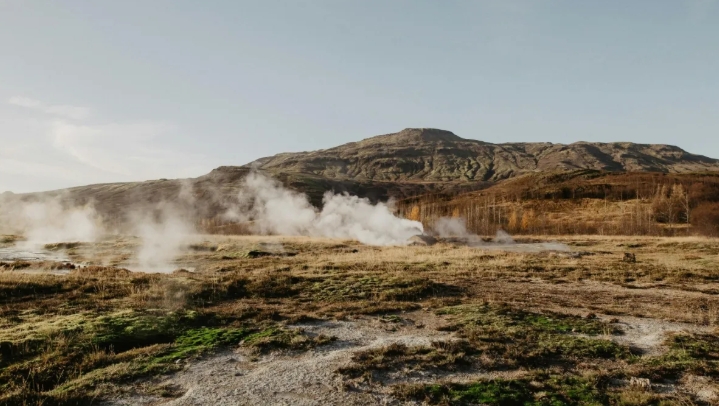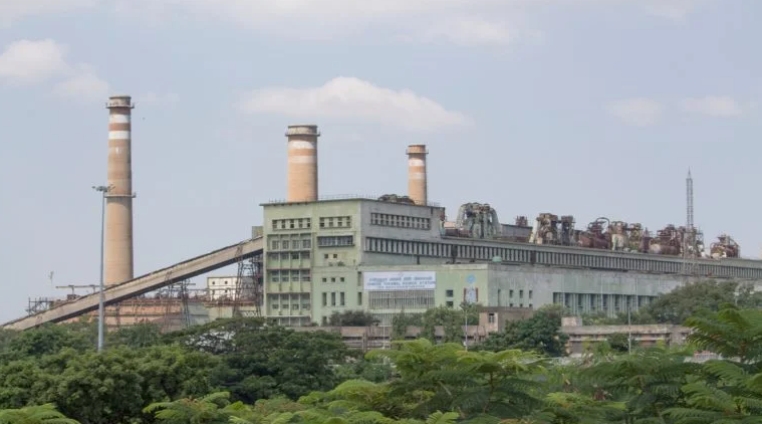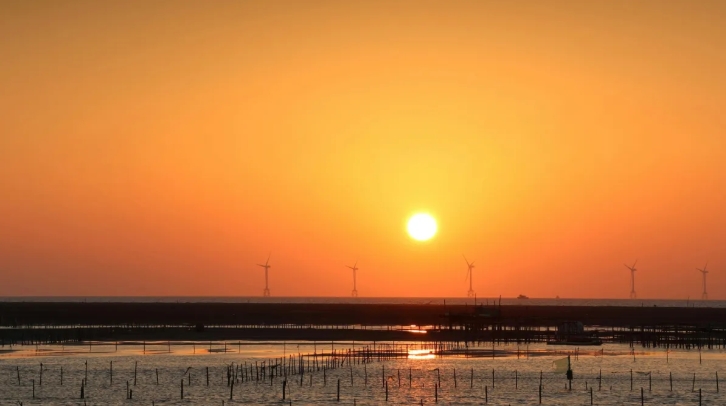State-run power giant NTPC on Monday said it has awarded contracts for installation of flue-gas desulphurisation (FGD) technology for its 50 GW thermal power generation capacities, including the Dadri plant where the work is in advanced stages. FGD is a set of technologies used to remove sulphur dioxide from exhaust flue gases of fossil fuel-based power plants, and from the emissions of other sulphur oxide emitting processes such as waste incineration.
The company has placed award (of contract) for 50 GW of FGDs at various locations so far till date, it said in a statement.
At the Dadri plant, FGD installation is in advanced stages, it added.
At present, installed power generation capacity of the NTPC Group is 62,910 MW (including 11,755 MW through JVs/subsidiaries), comprising 45 NTPC stations (24 coal-based, seven gas-based, one hydro, one small hydro, 11 solar PV and one wind-based station).
Its 25 joint venture stations comprise nine coal-based, four gas-based, eight hydro, one small hydro, two wind and one solar PV.
The company said NTPC Dadri power plant is striving to become the cleanest coal fired plant in the country and is complying with all the Central Pollution Control Board (CPCB) guidelines on emissions.
All the emission parameters are being monitored online and transmitted to CPCB on real time basis, it said.
Flue gas emissions and particulate matter are well within the CPCB norms, with high efficiency ESPs in service in all the four units of 210 MW each and two units of 490 MW each, it added.
Electrostatic precipitators (ESP) collect dust in the flue gas produced by boilers, among others.
For sulphur oxides reduction, Dry Sorbent Injection (DSI) system has been installed in 210 MW units for the first time in the country and now all the four units are meeting emission norms, it added.
Besides, it said the FGD system is in advanced stage of implementation in 490 MW units by BHEL with technology from Mitsubishi Power Works, Japan.
All the 210 MW units were already compliant to nitrogen oxides emission norms. In 490 MW units, SOFA (Separated Overfire Air) system has been installed and all the units now comply with the norms for nitrogen oxides.
The NTPC Dadri plant has also pioneered co-firing of Biomass pellets along with coal in the boilers. The pellets are made of husk or agro-residue which would have been burnt otherwise in the fields, increasing the pollution in the NCR region.
More than 8,000 tonnes of pellets have been fired in the boilers of NTPC Dadri plant, which is equivalent to almost 4,000 acres of farm fire avoided, it said.







